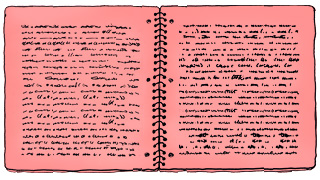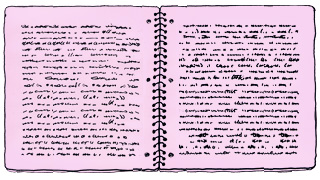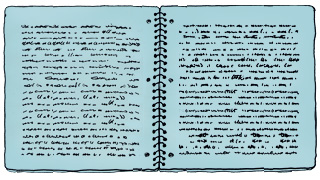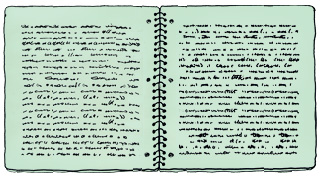So far we have discussed honne as communicated behind the scenes, in the uchi sphere. But honne is often expressed in public situations as well. Although this may seem surprising, think about the following: In a society where tatemae plays a prominent role, how can you effectively express negative feelings to another without doing damage to your relationships? Even inside uchi, members may be circumscribed in expressing honne that is critical or negative (as Janine’s case illustrates below). How can you convince others that you are sincere about what you are telling them–even if it is positive–and not simply being polite?
For all these situations there is still a ray of light. Another channel exists for communicating (and receiving) honne messages: indirect communication, or using others to facilitate honne communication in what would ordinarily be a tatemae situation. These situations are particularly valuable for newcomers since they are messages you CAN rely on. They are spoken from the heart, and can often tell you how you are really doing. How do you learn to tune in to the very messages that you really need to hear?
Uchi/soto distinctions are crucial to understanding how these messages work. Honne messages in public take place in soto (or guest) situations where two or more uchi members are relating to outsiders. Those with close ties to uchi, including newcomers, may be considered uchi members on this occasion, in contrast to the soto guests (See Module 9.1). An uchi member can speak honne but direct the message to the outsiders, even though it is meant for the other insider(s), who appear to be simply bystanders. The following clues should help you recognize honne messages in public: (1) The content of the message, which may communicate a problem, criticism, or a very personal message–none of which fits with a tatemae situation; (2) The reaction to the message, which is regarded as honne and responded to as such by the bystanders, rather than by the supposed recipients; (3) The inebriated state of the speaker, since being drunk especially facilitates honne messages in public. See how these clues play out in the situations below.
1. The following cases show indirect communication being used to express positive emotions:
- In front of Molly, the Otoosan is talking to distant guests about her, emphasizing the things she has done for him and how close he feels to her. Why does he tell these things about Molly to the guests?
- The Otoosan is quite drunk by the time he begins talking about Molly. How does the otoosan being drunk influence his communication?
- Why couldn’t the communications in either Molly or Theo’s cases have taken place just as effectively directly, and in private?
2. In the next two cases, indirect communication is being used to communicate negative emotions, or unpleasant messages.
- Why couldn’t Janine’s Okaasan discuss the issues directly with the otoosan? (See 6.2 and 8.3 if you need to review this.)
- Do you think the communication strategy Janine’s Okaasan used was effective? Did she accomplish what she wanted to?
- Why did Elena’s Okaasan choose to communicate with Elena via a neighbor? What was she trying to avoid by doing that?
3. Putting things together . . . the use of “others” to facilitate communication:
- Listen up! An uchi member can speak honne but direct the message to the outsiders, even though it is meant for the other insider(s), who appear to be simply bystanders.
- In fact, anything that is said about you to others when you are present may actually be an indirect message intended for you! You might be offended by this kind of communication, feeling that you are being treated as if you aren’t present, or you may “tune out” the conversation as irrelevant because the situation is tatemae. Yet a tatemae situation can be a goldmine for honne information.
- Indirect communication is a common channel for conveying honne messages that might be embarrassing or stressful if communicated directly. As a result, praise, appreciation, criticism, and requests are often communicated indirectly by making use of public situations or outsiders.
Main Takeaway:
Be alert! Things said about you in public situations, conversations with visitors or outsiders, third party messages, and (especially) drunken comments should never be discounted. Put these onto your radar screen precisely because indirect messages can be taken seriously as honne.


























